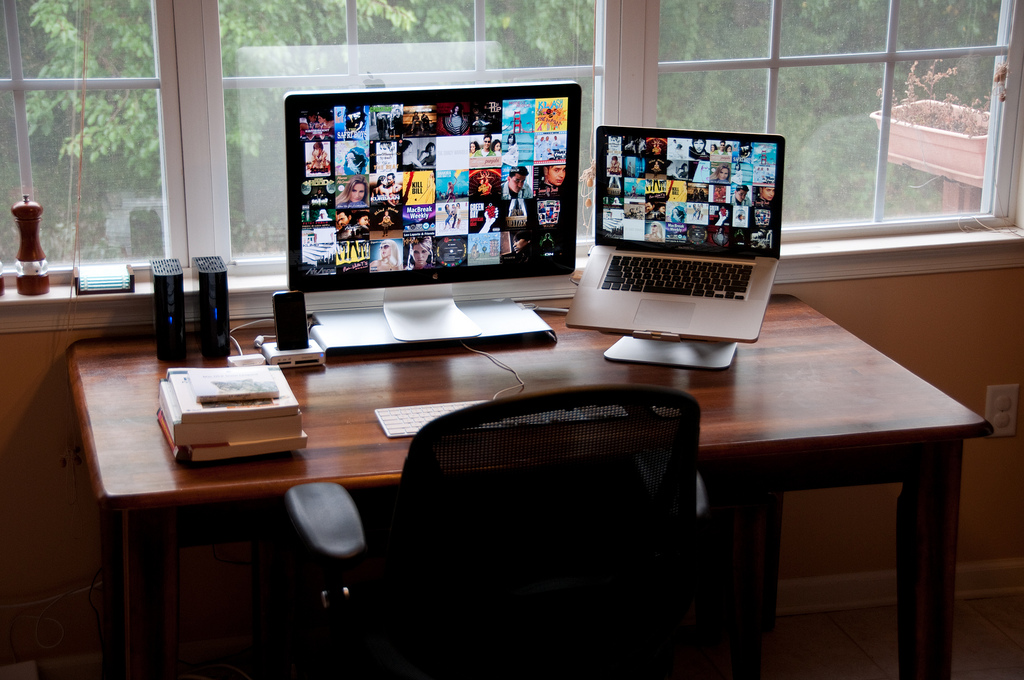 By now, because of the global coronavirus pandemic that is afoot, a lot of conferences, schools, workplaces have made significant adjustments with cancellations or moving them to completely remote.
By now, because of the global coronavirus pandemic that is afoot, a lot of conferences, schools, workplaces have made significant adjustments with cancellations or moving them to completely remote.
More companies are choosing to send workers home during the Coronavirus infection, as governments and public-health officials rush to determine best practices for the health of all citizens, which means increased traffic across home networks.
For workers, there is a an added concern about security, productivity and other issues related to remote work.
“During SARS, in 2003, I was working in Hong Kong and we were sent home with our enormous desktop computers,”Rachel Plecas of MailRoute Email Security Solutions, leaders in email security and continuity, said. “We were completely unprepared to be working from home for months.”
She added: “Businesses – and the bad actors who threaten them with spam and viruses – are far more sophisticated in 2020. All companies must be proactive and mitigate risk to business disruption right now, and your biggest vulnerability is probably your email.”
Security, speed, backup and streamlined workflow must all be considered.
Securing a home network to your office-network’s I.T. standards is hard when working via your residential ISP.
Greg Caplain of alt-work facilitator RemoteYear.com shared that 51% of people report working at least part time remotely and as many as 31% of people are working at least 80% of the time remotely, before the virus outbreak. Chances are some people in your office already work remotely some or all of the time, so these tips apply to all employees.
TIP #1
Confirm Your Connection
Confirm that you’re using an IMAP or SMTP connection. MailRoute founder and CEO Thomas Johnson explains: “For email, make sure that you have enabled TLS/SSL for your IMAP, POP, and SMTP connections in your email client. Keep your communications private.”
TIP #2
Separate Your Work Email from Personal Email
Consider using a different computer, or at the very least, a different login and user account for your work and personal uses. It’s not uncommon for malware to come in from a personal email, and then infect a corporate network.
TIP #3
Don’t Trust Open Networks
Avoid public WiFi. Consider using your phone as a personal hotspot instead.
Here are more tips from the experts on remote or distributed work environments:
“Culture is so much more than what goes on in an office. It’s really the sum of what everyone does all the time — all those little decisions, the way people communicate, the way people text, expectations for how you reply to things, how meetings happen.” — Matt Mullenweg, founder of Word Press on “Distributed” podcast
“The truth is, just because somebody’s at their desk in front of a computer typing away or whatever they’re doing, it doesn’t mean they’re working. The only way to tell if somebody is doing their work is to look at the work itself: It’s words, it’s graphic design, it’s programming, it’s customer service. It’s things that you can evaluate from far away. You’ve got to look at the work at the end of the day.” – Jason Fried, cofounder and CEO of Basecamp
“The office during the day has become the last place people want to be when they really want to get work done. In fact, offices have become interruption factories. A busy office is like a food processor — it chops your day into tiny bits. Fifteen minutes here, ten minutes there, twenty here, five there. Each segment is filled with a conference call, a meeting, another meeting, or some other institutionalized unnecessary interruption.” –Cole Stryker, “Distributed”
“Heading over to the computer first thing after you wake up — or worse, pulling it into bed with you — is a mistake. I know: You just want to fire off one quick thing. But I promise, you’ll get sucked in. And getting sucked in at 6 or 7 AM means you’ll have put in a 10-hour day by 4 or 5 PM. Do that all week, and you’re bound to burn out,” declares Liz Presson, remote-working expert and founder of WorkingRemote.ly
Be smart and work smart!

Jay Jay Ghatt is also editor at Techyaya.com, founder of the JayJayGhatt.com and JayJayGhatt.com where she teaches online creators how to navigate digital entrepreneurship and offers Do-It-For-You Blogging Service. She manages her lifestyle sites BellyitchBlog, Jenebaspeaks and JJBraids.com and is the founder of BlackWomenTech.com 200 Black Women in Tech On Twitter. Her biz podcast 10 Minute Podcast is available on iTunes and Player.fm. Follow her on Twitter at @Jenebaspeaks. Buy her templates over at her legal and business templates on Etsy shop!



